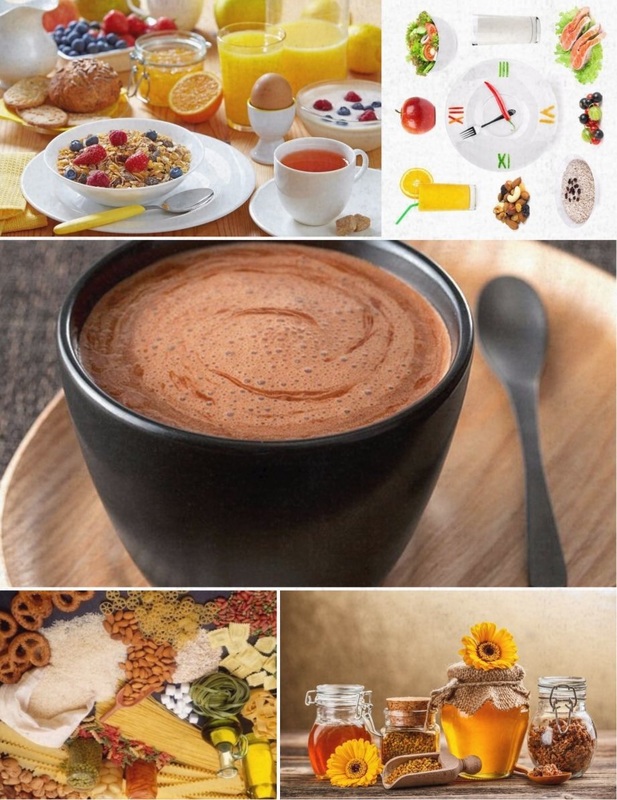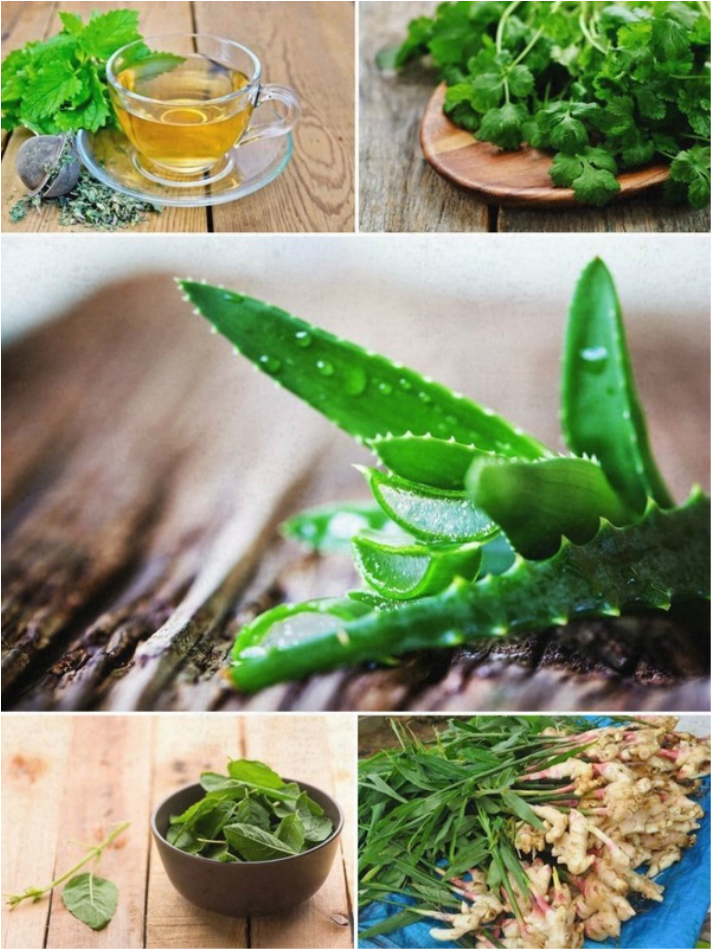Introduction
Do you know that a vegetarian diet not only means a diet without animal flesh and poultry and that there are four types of diet? Wondering!!!! According to Ancient Indian Science, diets are broadly classified based on the content/ingredients they contain into ‘Tamsik’ (non-vegetarian) and ‘Satvik’ (Vegetarian).
Satvik or Vegetarian food is preferred more over the non-vegetarian food as it is very helpful in keeping you fit and healthy. Reasons for following a vegetarian diet are endless including health benefits such as reducing your risk of diabetes, heart disease and some cancers. Further, vegetarian food is also classified into four categories:
- Lacto vegetarian diet - Contains dairy products excluding meat, eggs, fish, poultry and their by-products.
- Lacto-ovo vegetarian diet – Contains dairy products and eggs and discounts fish and animal flesh.
- Ovo-vegetarian diet - Allows eggs but discounts meat, poultry, fish and dairy products.
- Vegan diet - The most restricted form that excludes every animal product.
The topmost concern of people when it comes to following a vegetarian diet is to get the best nutrition from what you consume.
Pulses – Legumes, beans and lentils comes under the pluses category and are rich source of proteins and fibers. Due to the protein content, Soy bean and other products derived from it are known as super food. Other protein rich foods include nuts, mushrooms, seeds, broccoli, oat-meal, walnuts, whole-wheat bread, and corn. Taking them regularly can prove to be a good move towards a healthy routine.
Omega 3 sources – Omega 3 is essential for the proper functioning of heart, brain, joints and skin. Omega 3 can be obtained from walnuts, flaxseeds, and canola oil. Other than this, vegan DHA capsules which contains algae derived omega 3 are also available in the market.
Calcium rich food – For those who don’t prefer consuming animal meat, which is said to be rich in calcium can go for equivalent vegetarian options to fulfill their need of sufficient amount of calcium. These calcium rich sources including kale, beans, broccoli, sesame tahini, and almonds are collard greens. These can also be obtained from calcium fortified rice milk or soy, orange juice and tofu.
Vitamin B12 concern – Since vegan diet has very low amount of food, this is very important. By adding fortified nutritional yeast, certain cereals, and fortified soy and rice milks into your daily diet, you can overcome its deficiency. Including multivitamin or Vitamin B12 supplement in your routine can also help you in compensating the absence of this nutrient in your diet.
Iron rich food – Remember POPEYE – the sailor man??? Be like him. Eat lots of Spinach as it is the popular source of iron and easily available throughout the year. There are other sources of high iron content like beans, lentils, black-eyed peas, oatmeal, nuts, dried fruits, sunflower seeds, molasses, and grains such as quinoa and millet. Vitamin C enables the absorption of iron in the body so you should take those foods which contain both iron and Vitamin C such as dark green leafy vegetables.
Vitamin D – Our body can synthesize vitamin D provided you expose yourself to adequate sunlight. However, sitting in sun for about 15-20 minutes daily isn’t possible for everyone. Hence, you can go for options like non-dairy milk which contains calcium and vitamin D available in market.
Undoubtedly, vegetarian food is healthier and safer than the animal foods because they are cholesterol free, high in fiber, low in saturated fats, complex carbohydrates, and cancer-fighting antioxidants that can boost your immune system keeping you away from many diseases.



 RSS Feed
RSS Feed
